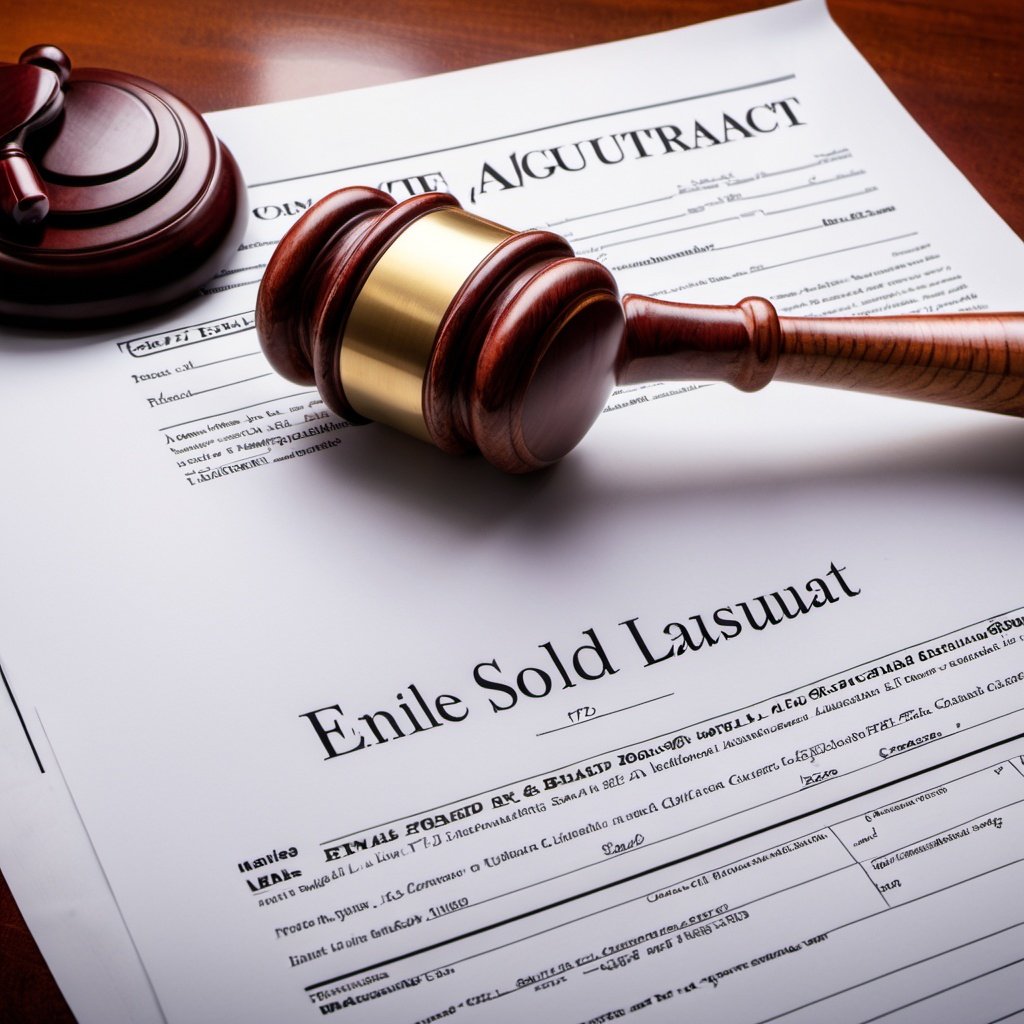The real estate industry, much like any other, is not without its share of controversies. One of the most talked-about topics in recent times is the 72 sold lawsuit, a legal matter that has sparked discussions about transparency, ethics, and compliance within the industry. As the case unfolds, it raises critical questions about how real estate businesses operate and the responsibilities they owe to their clients.
In this article, we’ll break down the key aspects of the 72 sold lawsuit, its background, potential outcomes, and the broader implications it could have on the real estate landscape. Whether you’re a buyer, seller, agent, or just an observer of the industry, understanding the nuances of this case is essential.
What is the 72 Sold Lawsuit?
The 72 sold lawsuit refers to a legal dispute involving 72 Sold, a real estate company known for its innovative approach to home sales. The company markets itself as a fast-track home-selling service, promising sellers that they can close deals within 72 hours. However, legal challenges have arisen surrounding their business practices, marketing claims, and the execution of their services.
The lawsuit has brought scrutiny to whether the company’s operations fully comply with real estate laws, particularly in areas like transparency, fair marketing, and client protection. While specific details of the legal filings are evolving, the case serves as a cautionary tale for both real estate companies and their clients.
Background of 72 Sold and Its Business Model
How Does 72 Sold Work?
72 Sold’s business model revolves around streamlining the home-selling process. Their promise is simple: homeowners can sell their properties quickly, bypassing the traditional hassles of listing, open houses, and prolonged negotiations. The process typically involves:
- Initial Consultation: Sellers provide property details, and the company conducts a valuation.
- Home Showings: Instead of public open houses, 72 Sold arranges private showings or targeted buyer interactions.
- 72-Hour Offer Guarantee: The company promises offers within 72 hours of the process being initiated.
This model has been appealing to many sellers who prioritize speed and convenience. However, questions have been raised about whether the claims and outcomes align with client expectations.
Legal Issues at the Core of the 72 Sold Lawsuit
The 72 Sold lawsuit highlights several key legal and ethical issues that are being examined in detail. These include:
- Misleading Marketing Claims: The lawsuit alleges that the company’s promises may not always reflect the reality of the sales process. For example, not all sellers receive offers within 72 hours, leading to accusations of false advertising.
- Transparency Concerns: Critics argue that 72 Sold may not fully disclose the terms and conditions of its services, leaving clients in the dark about potential fees, commissions, or contractual obligations.
- Compliance with Real Estate Laws: Questions have been raised about whether the company operates in full compliance with local and state real estate regulations, particularly around disclosure requirements.
As these allegations are investigated, the case could set a precedent for how real estate companies advertise and deliver their services.
The Role of Legal Compliance in Real Estate
Real estate is an industry governed by strict laws and regulations designed to protect all parties involved. From fair housing laws to disclosure requirements, compliance is non-negotiable. Here are some key aspects of real estate legal compliance:
- Transparency with Clients: All fees, terms, and conditions must be clearly disclosed upfront.
- Fair Marketing Practices: Companies cannot make misleading or exaggerated claims to attract clients.
- Adherence to Local Laws: Each state or municipality may have specific regulations that real estate companies must follow.
- Protecting Consumer Interests: Clients should always have access to unbiased information and ethical practices.
The 72 Sold lawsuit serves as a stark reminder of the importance of following these guidelines to avoid legal complications.
Potential Impacts of the 72 Sold Lawsuit on the Real Estate Industry
If the lawsuit results in significant rulings or settlements, it could have far-reaching implications for the industry. Here’s how it might shape the future of real estate:
1. Increased Scrutiny of Advertising Practices
Regulators may tighten restrictions on how real estate companies market their services, ensuring claims are verifiable and truthful.
2. Enhanced Client Protections
Stronger consumer protection measures may be implemented to prevent clients from being misled or taken advantage of.
3. Reputational Challenges for Fast-Selling Services
Companies offering rapid home-selling solutions may face skepticism from clients who demand more transparency and accountability.
4. Industry-Wide Reforms
The case could lead to new industry standards for transparency, compliance, and marketing, benefiting both consumers and ethical businesses.
What Home Sellers Should Know About Fast-Selling Services
Fast home-selling services like 72 Sold can be convenient, but they also come with potential risks. Sellers should consider the following tips:
- Research the Company: Look into the company’s reputation, reviews, and legal history before committing.
- Ask for Transparency: Request a detailed breakdown of the process, fees, and any potential risks involved.
- Understand the Contract: Read the terms and conditions carefully, and consult a lawyer if needed.
- Explore Alternatives: Compare the service with traditional real estate agents or other fast-selling platforms to determine the best fit for your needs.
By staying informed, sellers can make smarter decisions and avoid potential pitfalls.
Key Lessons for Real Estate Professionals
The 72 Sold lawsuit also offers valuable lessons for real estate professionals looking to avoid similar legal challenges:
- Be Honest in Marketing: Never exaggerate claims or make promises that cannot be consistently delivered.
- Prioritize Client Education: Ensure clients fully understand the terms, fees, and processes involved in the service.
- Stay Compliant: Regularly review your operations to ensure compliance with local, state, and federal real estate laws.
- Maintain Transparency: Provide clear and honest communication at every stage of the transaction.
These practices not only protect businesses from lawsuits but also help build trust and credibility in the long run.
How Lawsuits Impact Real Estate Companies
Legal disputes like the 72 Sold lawsuit can have serious consequences for real estate businesses. Some of the potential impacts include:
- Financial Penalties: Lawsuits often result in fines or settlements that can strain company resources.
- Reputational Damage: Negative publicity can erode trust and deter potential clients.
- Operational Disruptions: Legal challenges may divert time, energy, and focus away from core operations.
- Regulatory Oversight: Companies involved in lawsuits may face increased scrutiny from regulators, affecting their ability to operate.
For this reason, avoiding legal disputes through compliance and ethical practices should always be a top priority.
Conclusion
The 72 sold lawsuit sheds light on critical issues within the real estate industry, particularly around transparency, marketing, and compliance. While the case continues to unfold, it serves as a reminder for companies to prioritize ethical practices and for clients to remain vigilant.
As the real estate sector evolves, legal disputes like this one may pave the way for greater accountability, better consumer protections, and industry-wide reforms. Whether you’re a buyer, seller, or real estate professional, the lessons from the 72 Sold lawsuit underscore the importance of informed decision-making and adherence to legal standards.
Frequently Asked Questions
What are the main allegations in the 72 Sold lawsuit?
The lawsuit primarily focuses on misleading marketing claims, transparency concerns, and potential non-compliance with real estate laws.
Is the 72 Sold lawsuit resolved?
As of now, the case is still ongoing, and its outcomes are yet to be determined.
How does this lawsuit affect home sellers using 72 Sold?
Current and potential clients may feel hesitant, emphasizing the need for clear communication and understanding of the service’s terms.
Are other fast-selling real estate companies facing similar scrutiny?
Yes, as fast-selling models gain popularity, regulators are paying closer attention to ensure compliance and consumer protection.
What lessons can the real estate industry learn from the 72 Sold lawsuit?
The case highlights the importance of honesty in marketing, transparency with clients, and strict adherence to legal regulations.
How can sellers protect themselves when using fast-selling services?
Sellers should research companies, ask for transparency, and consult professionals if they have doubts about contracts or processes.



